Recently, the General Surgery Department (Department B3) of Military Hospital 4, Logistics Department, Military Region 4 received patient Nguyen Van Tu (66 years old, in Nam Giang commune, Nam Dan district, Nghe An ) with frequent and painful urination, affecting the patient's life and activities.
Through initial examination, it was found that for over a year, Mr. Nguyen Van Tu occasionally had episodes of difficulty urinating, painful urination, and blood in his urine that changed from light pink to red. Mr. Tu went to many places for examination and treatment, and felt better intermittently.
For the past two months, the disease has progressed more severely with similar symptoms; in particular, for 5 consecutive days, he has been urinating blood, accompanied by difficulty urinating, pain in both sides of the waist and lower abdomen, Mr. Tu bought medicine to take but it did not help. When Mr. Nguyen Van Tu was hospitalized, he was examined and consulted by doctors from Department B3, Military Hospital 4 (Logistics Department, Military Region 4), who discovered many large radiopaque stones corresponding to the pelvic area, causing difficulty urinating, blood in the urine and small stones in the kidneys...
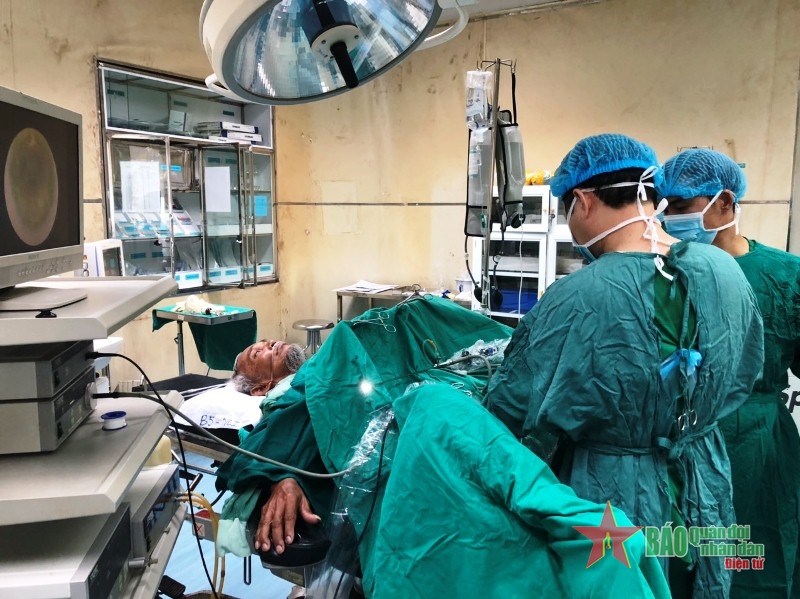 |
| The surgical team is removing kidney stones for Mr. Nguyen Van Tu. |
To treat the patient, Department B3 established a surgical team led by Colonel, Specialist Doctor 2 Nguyen Van Huong, Head of Department B3, who performed surgery on the patient using a cystoscopy method to crush stones using a high-power laser machine.
After 2 hours of hard work, the surgical team safely removed all the stones from the patient's bladder; the patient was conscious, had no pain, did not lose much blood, and is now in stable health and urinating normally, waiting for the day of discharge.
Colonel, Specialist Doctor 2 Nguyen Van Huong, Head of Department B3, Military Hospital 4 said: Endoscopic bladder lithotripsy is a technique that uses high-power laser energy inserted through the urethra to break up the stones. After that, the doctor will remove all the stone fragments. This is a modern, highly effective method of treating bladder stones, crushing all types of bladder stones, including large stones (2 years ago, large bladder stones had to be removed by open surgery).
The advent of endoscopic bladder lithotripsy is a great solution, helping patients quickly improve unpleasant symptoms of the disease. This is a minimally invasive intervention method, highly safe, less painful, short recovery time. Patients can go home about 24 hours after surgery if there are no complications. After returning home, the patient needs to rest for a few days depending on their health condition, then can return to normal activities.
LE TUONG HIEU
* Please visit the Health section to see related news and articles.
Source










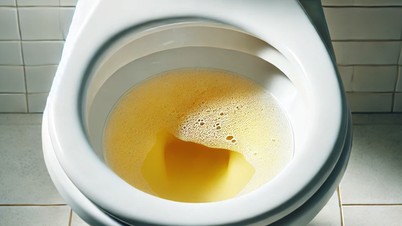

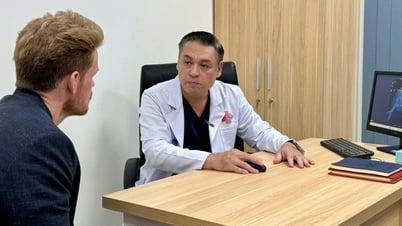



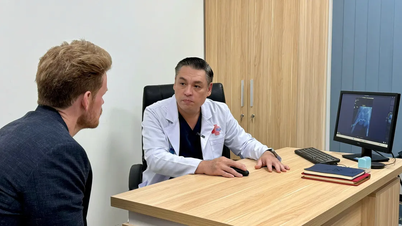





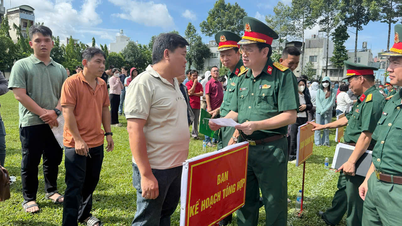


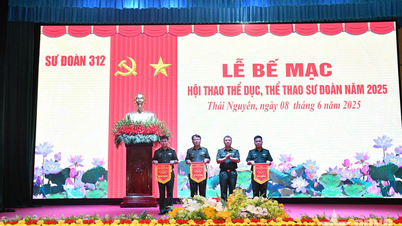
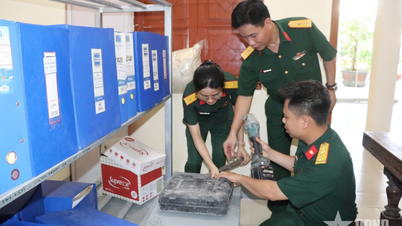
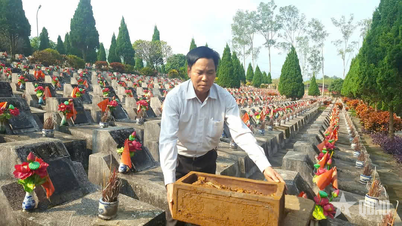
































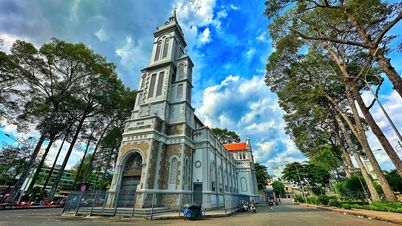


























![[OCOP REVIEW] Tu Duyen Syrup - The essence of herbs from the mountains and forests of Nhu Thanh](https://vphoto.vietnam.vn/thumb/402x226/vietnam/resource/IMAGE/2025/6/5/58ca32fce4ec44039e444fbfae7e75ec)





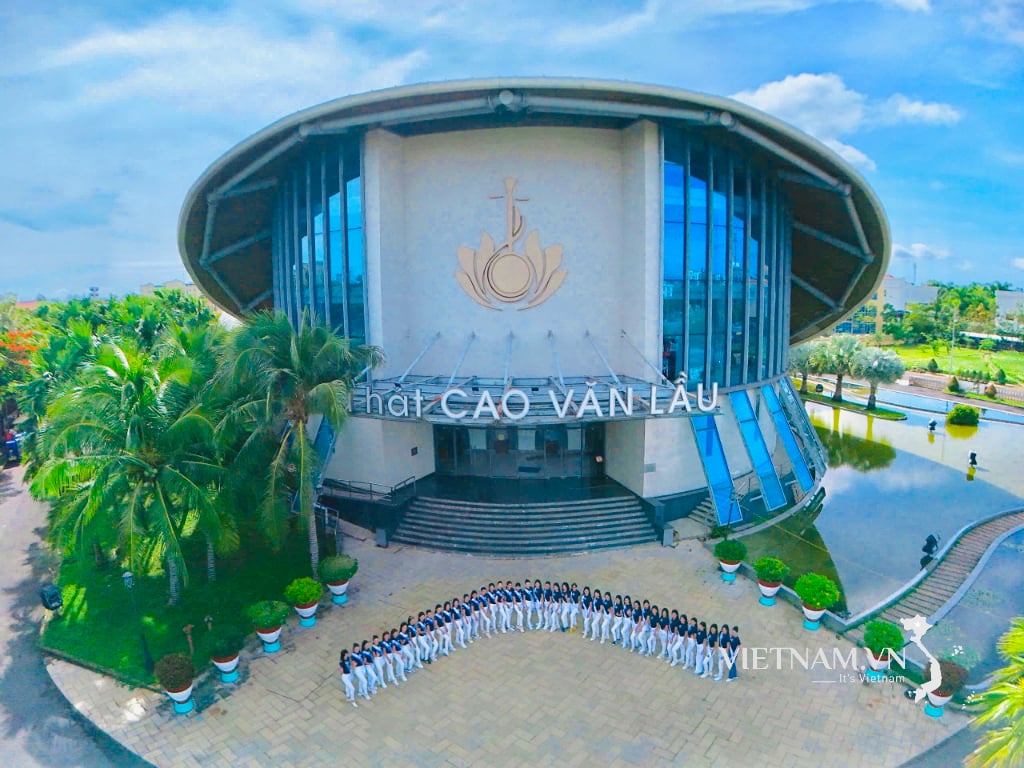

Comment (0)